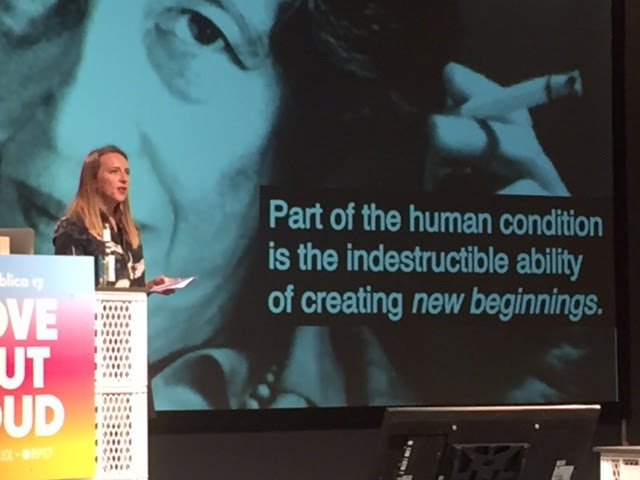This work combines two perspectives, namely the social and activist history of digital forms of disobedience with the ongoing discourse around civil disobedience in political theory. In the course of the internet’s evolution, digital disobedience developed in a surprisingly multifaceted nature: From cases like the BTX Hack of the Chaos Computer Club, to the Cypherpunks and their effort to spread encryption, from Anonymous to Aaron Swartz or Edward Snowden. This work argues for a broader understanding of civil disobedience than the mainstream in political thinking suggests based on arguments from a radical democratic line of thinking, inspired by Hannah Arendt, Michael Walzer and Etienne Balibar. Many cases of digital disobedience meet the spirit of this new understanding, while at the same time their digital nature provokes a new set of questions as well. For instance the question, if civil disobedience may be anonymous or even automated. How does the internet change collective action which is often seen as a core element of the tradition of civil disobedience? The author discusses the choices and principles behind digitally disobedient action as well as the possibilities and limits of digital action in the context of democratic theory. She shows that civil disobedience in digital action even develops a new directness of encounter that adds a new potential to this delicate form of political action. Nevertheless, digital practices of civil disobedience are at the same time precarious and faced with new risks and challenges, like automation of and the risk of elitist tech-avant-gardes overriding the democratic spirit that civil disobedience is rooted in.
Züger, T. (2017). Reload Disobedience. https://doi.org/10.18452/18622
